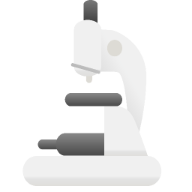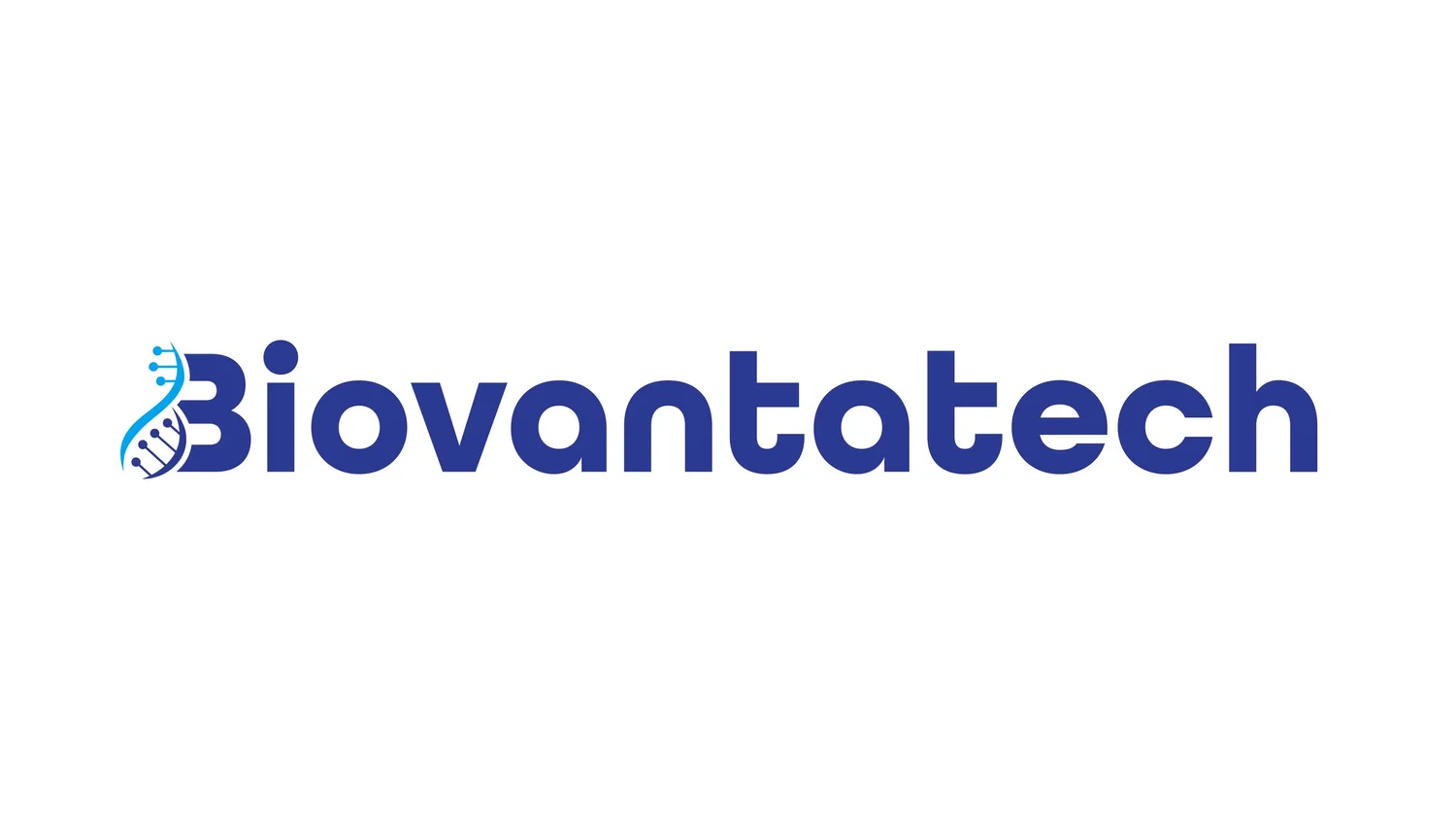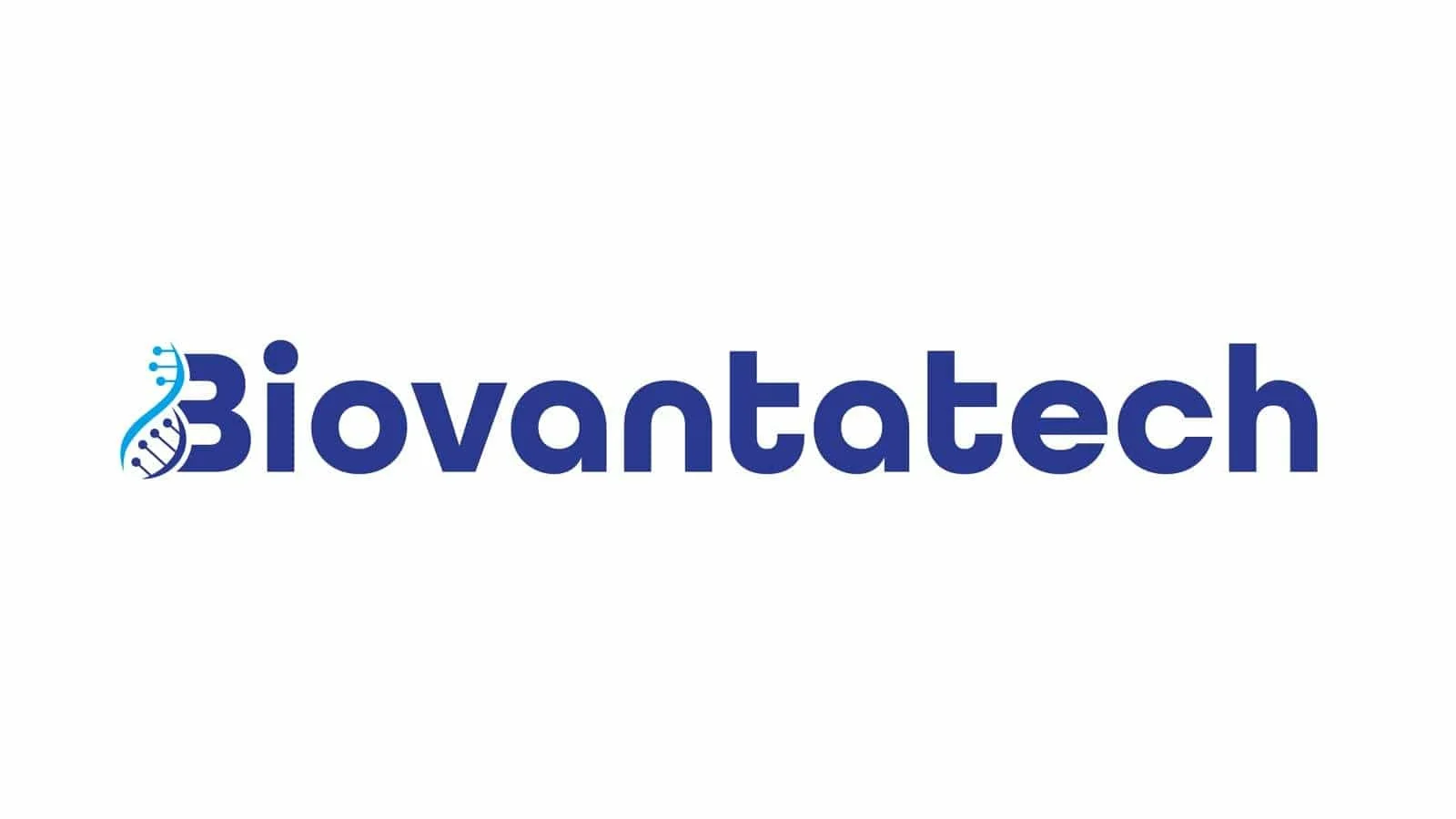Human Kidney Cancer-Associated Fibroblasts (CAFs) Product Specifications
Quality Control & Characterization
All Human Kidney CAF cultures undergo comprehensive validation to ensure research reliability. The cells test negative for endothelial (von Willebrand Factor/Factor VIII), epithelial (cytokeratin 18), and smooth muscle (α-SMA) markers, confirming fibroblast purity. Microbiological testing verifies absence of bacteria, yeast, fungi, and mycoplasma contamination. Positive expression of characteristic CAF markers (FAP, PDGFR, Vimentin, PDPN, and CD70) is confirmed through immunophenotyping. Cells maintain stable growth characteristics for 3-5 passages when subcultured at recommended 1:2 to 1:3 ratios.
Research Applications
These primary kidney CAFs are suitable for:
• Tumor microenvironment interaction studies
• Cell adhesion and migration assays
• Molecular analysis (PCR, Western blot, immunoprecipitation)
• Cellular characterization (immunofluorescence, flow cytometry)
• Development of advanced 3D tumor models
• Drug screening and therapeutic development
Cell Handling Protocol
Shipping & Storage
Delivered in cryovials on dry ice
For optimal results:
Immediate culture initiation recommended
Alternative storage: liquid nitrogen vapor phase
Avoid -70°C storage (reduces cell viability)
Thawing & Culture Initiation
Rapidly thaw cells in 37°C water bath (≤2 minutes)
Surface sterilize vial with 70% ethanol
Remove cryoprotectant via centrifugation (125 × g, 5-10 min)
Resuspend in fresh CAF Growth Medium
Plate in AlphaBioCoat-treated T75 flask (6-8 mL coating solution, 15 min)
Maintain at 37°C with 5% CO₂ (pre-equilibrate medium 15 min)
Subculture Procedure
Remove spent medium and rinse with PBS
Add 2-3 mL Cell Detachment Solution (5-15 min incubation)
Neutralize with complete medium (6-8 mL)
Replate at recommended split ratio (1:2 to 1:3) in freshly coated flasks
Perform medium changes every 3-4 days
Cryopreservation
Use complete growth medium with 5% DMSO
Store long-term in liquid nitrogen vapor phase


